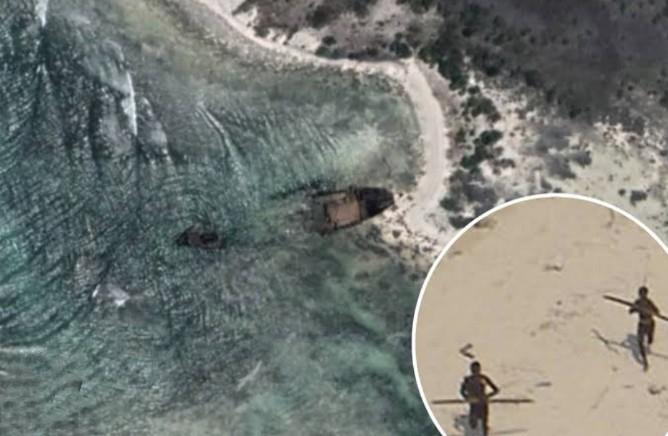
Isolated Sentinelese Tribe Faces Continued Threats as Poaching Activities Persist in North Sentinel Island
India,June 10, 2023
In a remote corner of the Indian Ocean lies North Sentinel Island, a landmass comparable in size to Manhattan. For an estimated 55,000 years, it has been home to the indigenous inhabitants known as the Sentinelese. Presently, this isolated tribe consists of a population ranging from 80 to 150 individuals. Tragically, their existence has been marred by recent incidents, highlighting the ongoing challenges they face.
In November 2018, the island made international headlines when John Allen Chau, an American man, lost his life after being killed by members of the Sentinelese tribe. This tragic event emphasized the tribe’s unwavering desire to avoid any form of external contact. Their neighboring tribes suffered annihilation during the British colonization era, leaving the Sentinelese acutely aware of the dangers that outsiders may pose to their way of life.

Apart from Chau’s ill-fated encounter, another incident occurred in 2006 when two Indian fishermen lost their lives. After engaging in illegal fishing activities in the surrounding waters, their boat broke loose and drifted ashore near North Sentinel Island. The Sentinelese, intent on preserving their isolation, defended their territory, resulting in the fishermen’s unfortunate demise.
Despite the Sentinelese tribe’s firm stance against contact, the waters surrounding their island continue to attract poachers who exploit the region’s natural resources. Poachers often engage in unlawful fishing, targeting turtles, and participating in diving activities to procure lobsters and sea cucumbers. These activities pose a significant threat to the fragile ecosystem and disrupt the delicate balance that the Sentinelese depend on for their sustenance.

Moreover, the Sentinelese tribe faces a grave risk due to their vulnerability to common diseases such as the flu or measles. Having lived in isolation for thousands of years, they lack the immunity necessary to combat these illnesses. Exposure to foreign pathogens could have devastating consequences for their population, potentially leading to a catastrophic loss of life.

The plight of the Sentinelese serves as a stark reminder of the importance of respecting indigenous communities’ choices and their desire to preserve their cultural heritage. It is imperative for authorities and international organizations to take decisive action to protect North Sentinel Island and its inhabitants from intrusions and illegal activities. By upholding strict regulations and enforcing maritime laws, we can safeguard the unique heritage of the Sentinelese and ensure their continued existence for generations to come.





